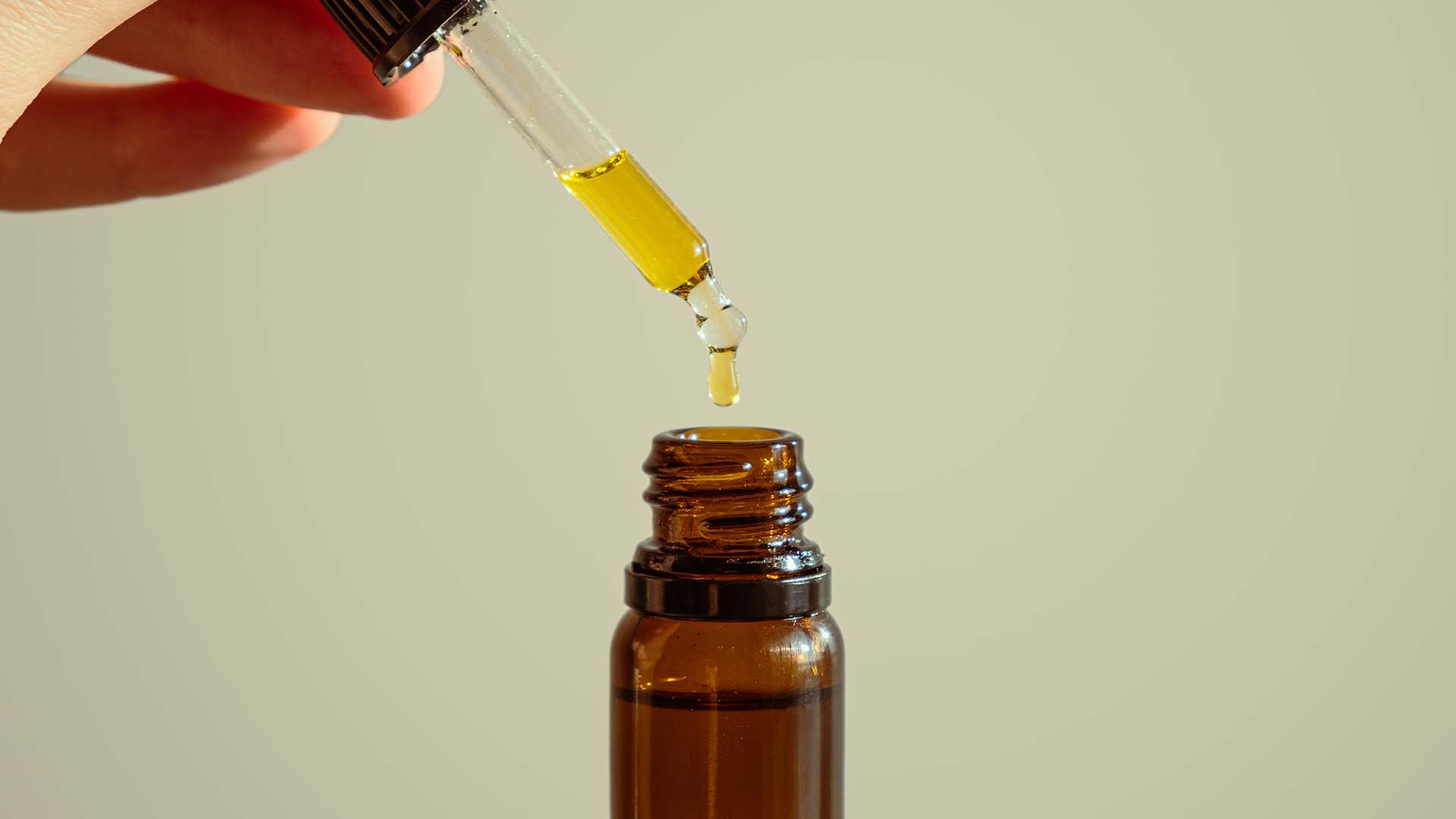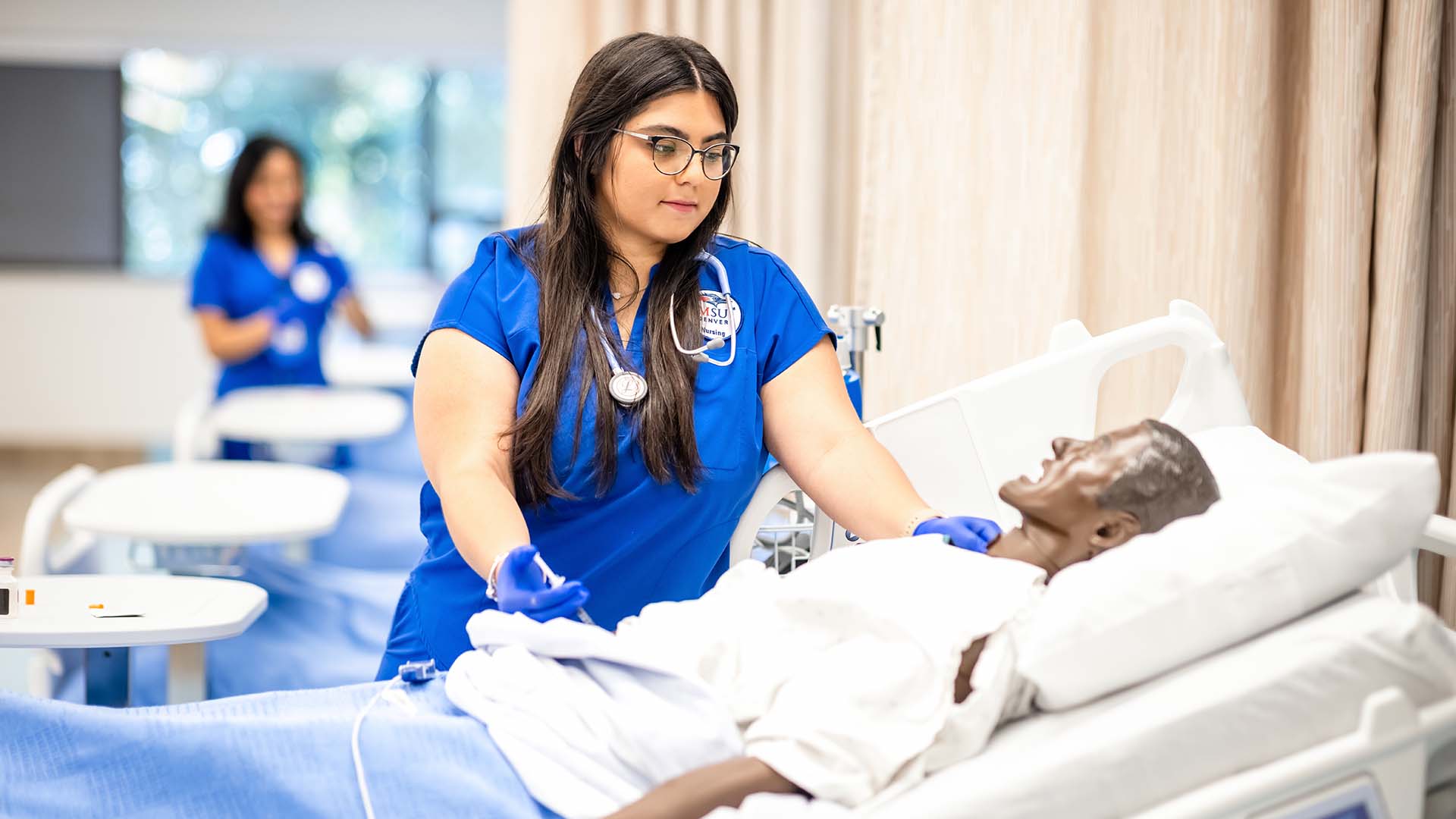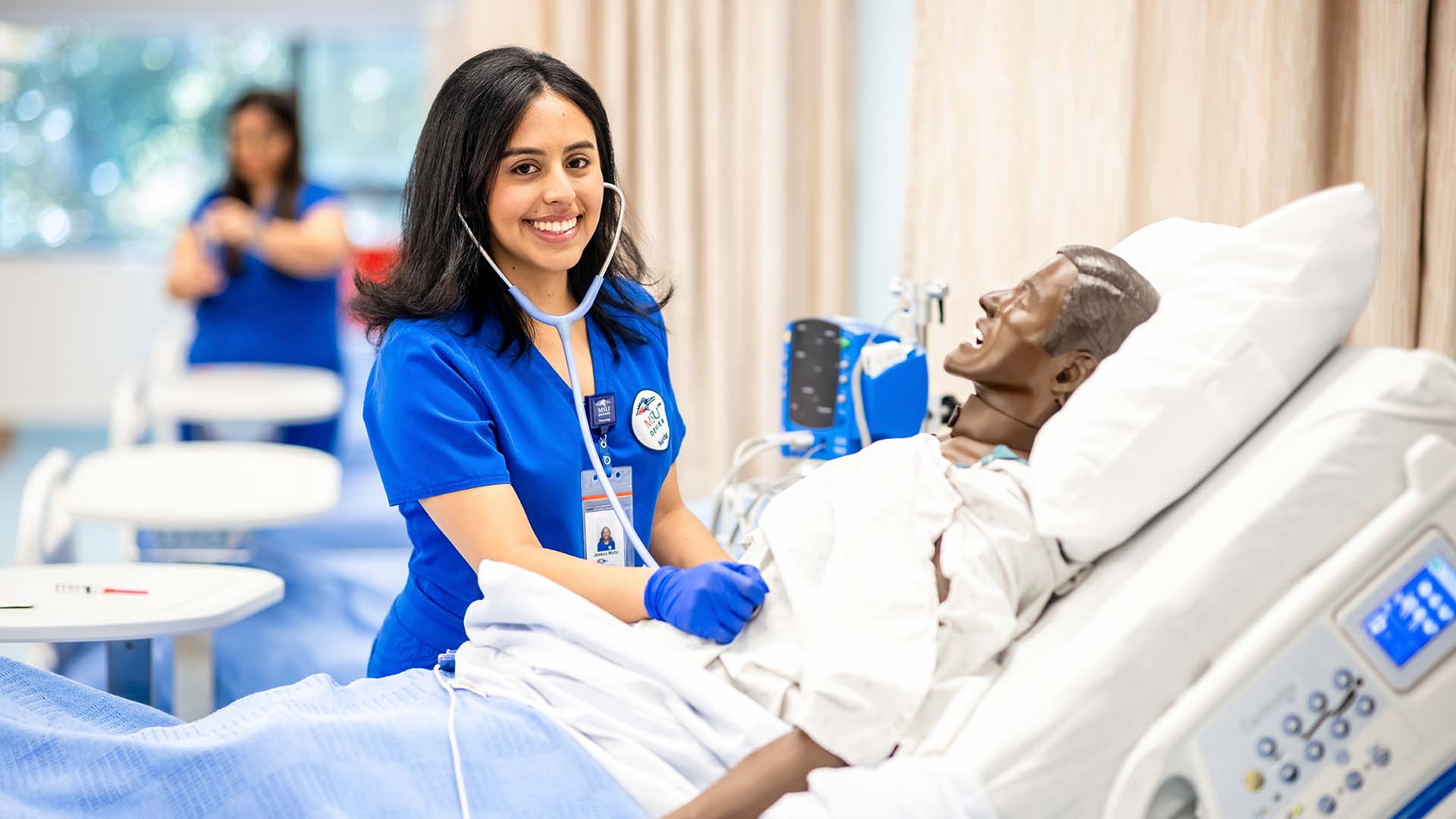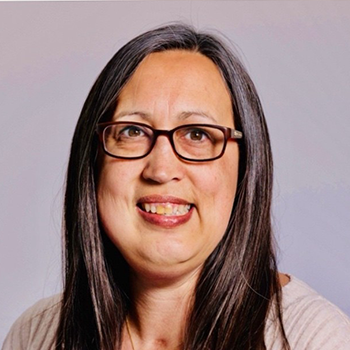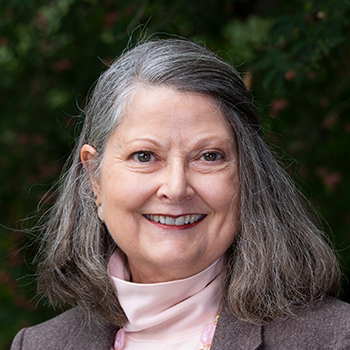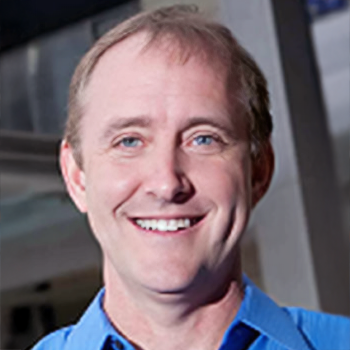Nurses in the pipeline
As COVID-19 exacerbates the health-worker shortage in Colorado, universities adapt to keep the future workforce on track.
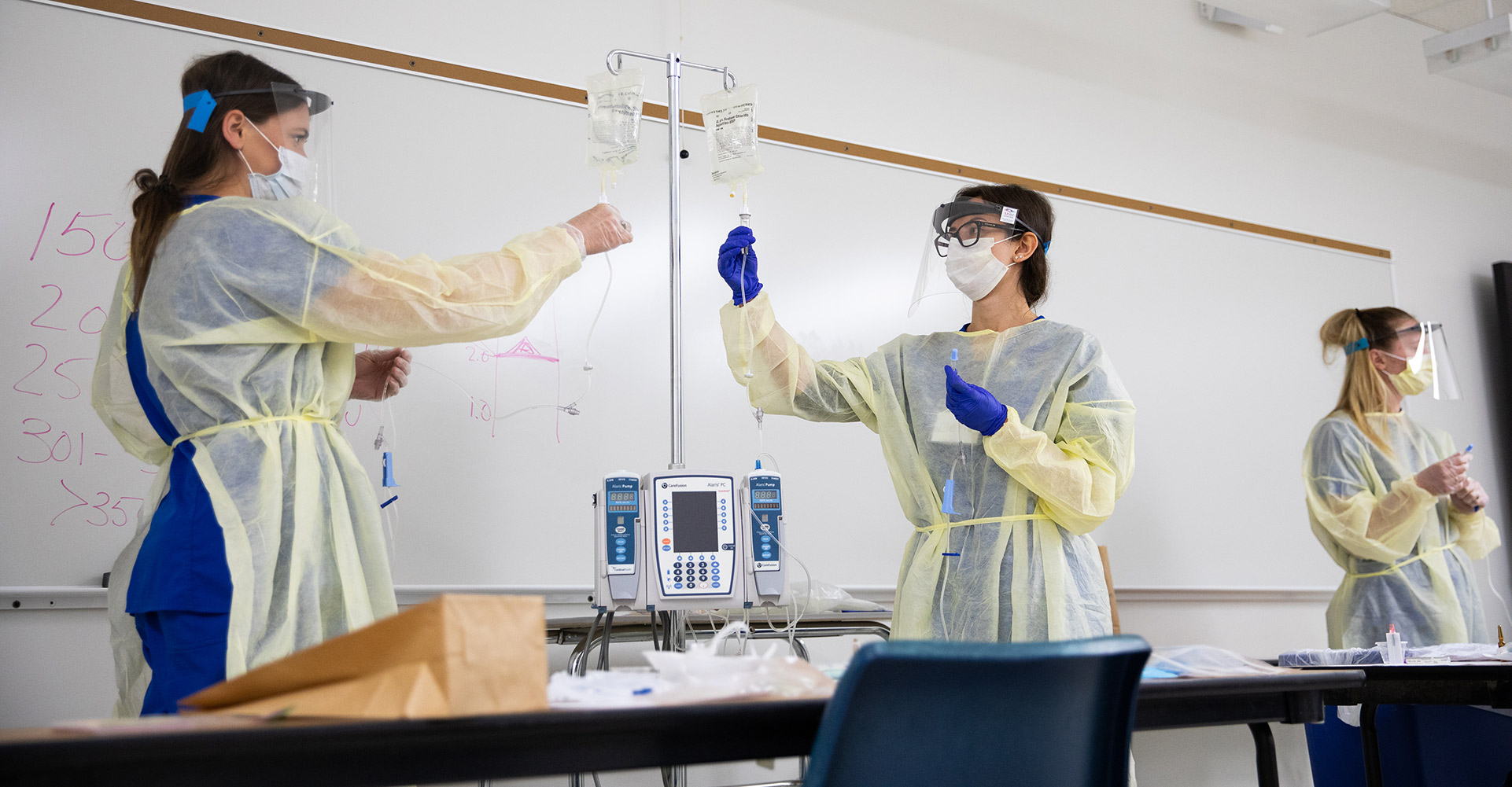
Colorado faced a nurse shortage prior to the COVID-19 pandemic. Now, the state is in desperate need of health care workers.
Gov. Jared Polis has addressed the state’s COVID-19-intensified shortage of health care practitioners through executive orders that license out-of-state workers and help graduating nursing students get licensed. Meanwhile, universities are keeping tomorrow’s nursing workforce on track by adapting the education of those students who are locked out of classes and clinical experience by the pandemic.
At Metropolitan State University of Denver, which admits junior-level students into its nursing program each spring, those first-semester nursing students had their first skills labs and clinical experiences derailed when on-campus classes were canceled in mid-March and clinical sites were banned from hosting those students.
“That class got interrupted just before students were ready to start clinical, going out to an actual facility and practicing these skills on real people,” said Theresa Buxton, chair of the Nursing Department. “We had to find a way to get these skills in so that they’re ready for their next class and ready to go out into the clinical if and when that should open up – hopefully in the summer.”
Figuring out the foundation
That class is Foundations of Professional Nursing Practice, and it includes 76 nursing students from MSU Denver’s Accelerated Nursing Program – students who should enter the workforce in May 2021 – and the Traditional Nursing Program, whose graduates will enter the workforce in December 2022. In the foundational class, students learn how to administer medications including oral, eye, ear, intradermal, subcutaneous, intramuscular and intravenous. When the spring semester shifted remotely, the faculty had to get creative.
“Those students would have been (in the field) this semester, but that got interrupted as well. So what we came up with is virtual simulation, where they take care of virtual patients online. Very cool stuff,” Buxton said. “They have to learn a lot of actual nursing skills such as critical thinking and analysis, but they don’t get the hands-on part of working with patients.”
The hands-on experience is required before students do begin clinical work, however, so the University made special arrangements for students to come back to campus for a skills lab on an opt-in basis under strict safety protocols.

“We realize the sacrifices they’re making to get through this program. That’s why we’re really committed to our students at MSU Denver. So if we can make every effort to keep them on track and safe, we’re going to do that,” Buxton said.
About 40 students participated in labs over the past two weeks. Although many nursing students work as certified nursing assistants or EMTs while going to school, only students who weren’t actively exposed to COVID-19 patients were allowed to attend the first labs. Then a second phase of labs was created to offer the same lab experiences for those who might have worked with patients exposed to COVID-19. All who came to campus were screened for symptoms and limited to four students per classroom with one faculty member.
The story of nursing
Alexia Girin, a certified nursing assistant at Lutheran Medical Center in Wheat Ridge, hadn’t worked in the weeks leading up to the lab so she could focus on completing the semester remotely. She said the experience went well because of how prepared she and her classmates were and the dedication of the lab faculty.
“We were only four students per classroom, which also made for a more productive and personal learning experience,” Girin said. “We had already gone over the content online, so this was a check-off day where we got to practice giving medications ourselves. We basically covered three weeks’ worth of lab in one day.”

Girin is pursuing her second degree from MSU Denver – the 2016 journalism graduate decided she wants to become a nurse and work for an organization such as Doctors Without Borders.
“I want to make a difference in people’s lives, help them be healthier and happier,” Girin said. “I also really appreciate how challenging the profession is, both physically and mentally. There are so many different fields in nursing, and no two days are alike, which makes it a really interesting and rewarding career.”
The COVID-19 crisis has reconfirmed her decision to switch career paths.
“The pandemic has only reinforced my desire to help others,” Girin said. “We are currently being reminded that health, both physical and mental, is one of … the most important aspects of life. Being able to help and support someone in so many possible different ways is an honor.”
Manufacturing connections
Girin and others wore personal protective equipment, maintained social distancing and cleaned their workspace and equipment upon completion, and the Nursing Department arranged for deep cleaning by the Auraria Higher Education Center each day and an extra classroom from the Community College of Denver to maintain social distancing.
Even the PPE required special arrangements – when the COVID-19 crisis ramped up, the Nursing Department gave its PPE stock to the Health Center at Auraria. Buxton worked with the Advanced Manufacturing Sciences Institute on campus to secure 3D-printed PPE for the labs. In turn, Buxton gave the AMSI some equipment to help secure the face shields the AMSI was producing for area health care providers.

“It was a pleasure working collaboratively on this project with Dr. Buxton,” said Robert Park, Ph.D., Lockheed Martin endowed director of the AMSI. “Being able to provide the nursing-student cohort with face shields for their required-skills lab was a very rewarding experience for the AMSI staff.”
Lockheed Martin Space is providing financial support for the AMSI’s 3D-printing efforts, Park said. His team has manufactured more than 300 fully assembled face shields so far and donated them to places such as Children’s Hospital Colorado and various nursing homes across the state.
Buxton said these collaborative efforts on campus and in the community are will have more benefits in the future.
“It’s about getting creative and saying, ‘What do we have, and how can we use it?’” Buxton said. “The more we break down silos during these periods of crisis, the greater the opportunity to build new opportunities in the future.”

